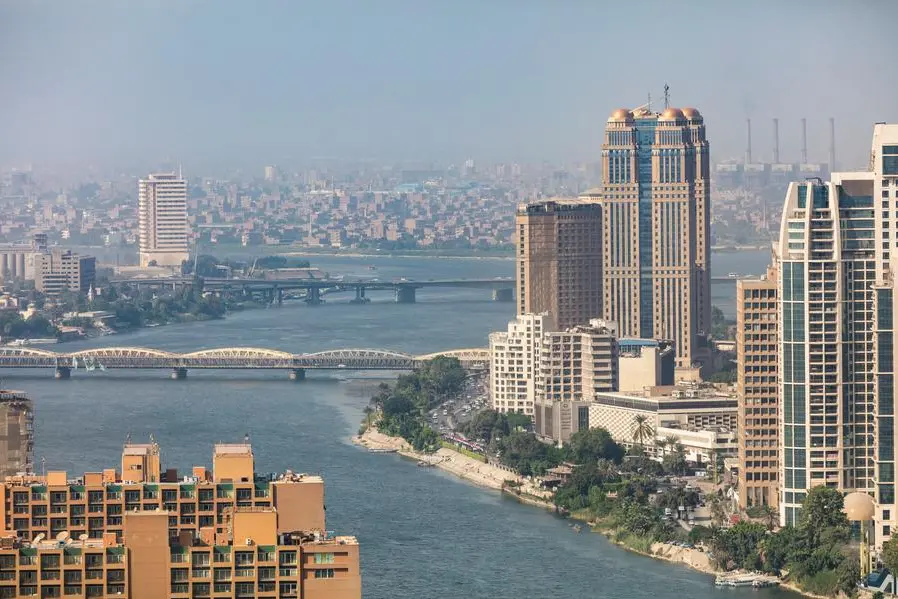PHOTO
Egypt is working to attract foreign investment with an emphasis on export-oriented projects that will allow it to achieve its target of tripling its exports to $145 billion by 2030, an Egyptian official has said.
The most populous Arab nation, which is locked in one of its most extensive reform programmes, managed to receive a record high Foreign Direct Investment (FDI) of around $46 billion during its 2023-2024 fiscal year, said Hossam Heiba, CEO of Egypt’s General Authority for Investment and Free Zones.
Heiba, who spoke during a meeting of the Egypt-Kuwait Cooperation Council in Cairo on Wednesday, said the surge in those investments was a result of a boom in infrastructure projects, a stable exchange rate, an improvement in the taxation system, and easier procedures to obtain project licenses.
“We will continue working according to a specific plan to attract investments that will help boost Egypt’s export of goods and services within the country’s 2030 Vision, which aims to expand the private sector’s investment share to 70 percent and increase exports to nearly $145 billion from $42 billion in 2023,” Heiba said.
In his comments, published by the Egyptian and Kuwaiti press last week, Heiba said Egypt aims to double Kuwaiti investments by offering fresh projects.
He said Kuwait pumped nearly $6.2 billion in FDI into Egypt during 2021-2024 and is now the fifth largest investor and the third Arab investor in Egypt after Saudi Arabia and the UAE. Kuwait’s investments are concentrated in financial services, industry, tourism, real estate and tourism, he added.
Mohammed Al-Saqr, who heads the Kuwaiti side in the council, said nearly 1,500 Kuwaiti companies operate in Egypt, investing a total $20 billion in that country.
“I believe these investments are poised for a big leap given the promising business opportunities in the Egyptian market, mainly in car industries, real estate, renewable energy, telecommunications, infrastructure and logistics,” he said.
He noted that Egypt’s exports to Kuwait averaged around $367 million a year during 2014-2023 while its imports stood at nearly $71 million a year.
“This is a modest figure that does not match Egypt’s ambitions to increase its exports from $42 billion to $145 billion in 2030,” he said.
(Writing by Nadim Kawach; Editing by Anoop Menon)
Subscribe to our Projects' PULSE newsletter that brings you trustworthy news, updates and insights on project activities, developments, and partnerships across sectors in the Middle East and Africa.





















